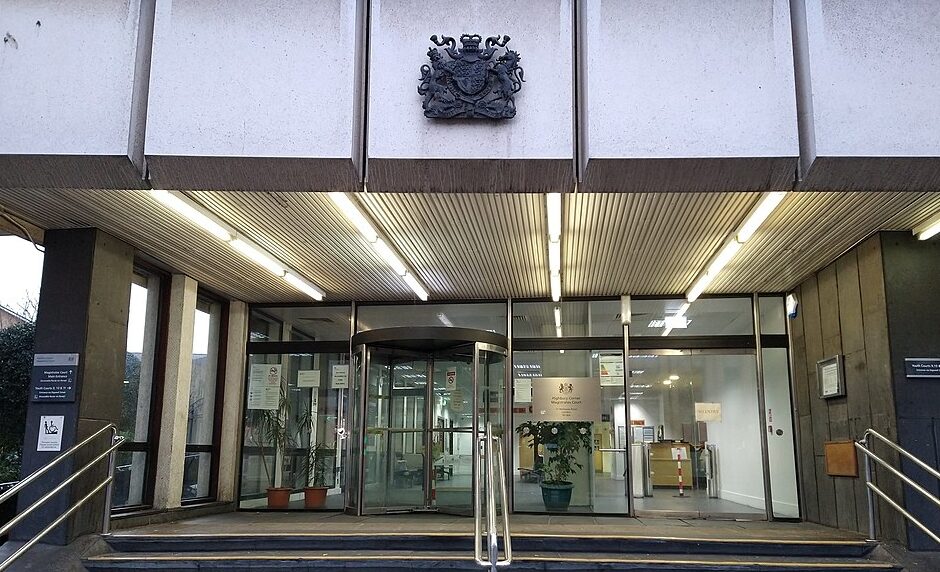Open University student had sought to halt picket line disruption amid mounting rubbish in the streets
A Birmingham law student has dropped a dramatic legal challenge against Unite the Union over the city’s escalating bin strike, narrowly avoiding a courtroom battle over allegations of unlawful picketing.
R. Heart, a 34-year-old first-year Open University law student, withdrew his high court injunction bid after receiving written assurances from Unite that the union was fully complying with the law. The move came just hours before the case was scheduled to be heard at Birmingham Civil and Family Justice Centre on 10 April.
Heart had accused the union of permitting striking refuse workers to obstruct lorries at depots such as the Atlas site in Tyseley, arguing that their tactics breached legal picketing limits and threatened public health. He alleged strikers were blocking roads and encircling vehicles — conduct he believed was not protected under the Trade Union and Labour Relations (Consolidation) Act 1992 or the updated 2024 Code of Practice on Picketing.
“The behaviour I was witnessing… couldn’t possibly be right or lawful,” Heart told Legal Cheek. With more than 17,000 tonnes of uncollected rubbish piling up across the city, Heart said the strike had created an “untenable” situation.
Despite facing the potential risk of a costly legal bill, Heart pushed ahead with the claim, seeking an injunction backed by a penal notice to prevent further disruption by the striking workers. The claim was ultimately withdrawn after Unite provided written confirmation of its adherence to legal picketing protocols.
Unite strongly denied any wrongdoing. “No case has been settled out of court,” a union spokesperson stated. “The application was withdrawn after Unite reiterated that it always abides by the law and liaises with police to hold peaceful picket lines. This is true for every strike.”
Heart, who has previously taken legal action against public authorities, said the motivation behind the case was his desire to pursue justice and hold those in power to account. With aspirations to become a barrister, he emphasised a strong interest in cases that involve public accountability and systemic impact.
The case had the potential to become one of the most high-profile legal challenges involving industrial action by a private individual. Although short-lived, it sparked debate over where the line lies between lawful picketing and obstruction during strikes, especially those involving vital public services.
Meanwhile, Birmingham City Council has extended a fresh offer to its striking refuse collectors, raising cautious hopes of a resolution to the industrial dispute that has plagued the city for weeks.





